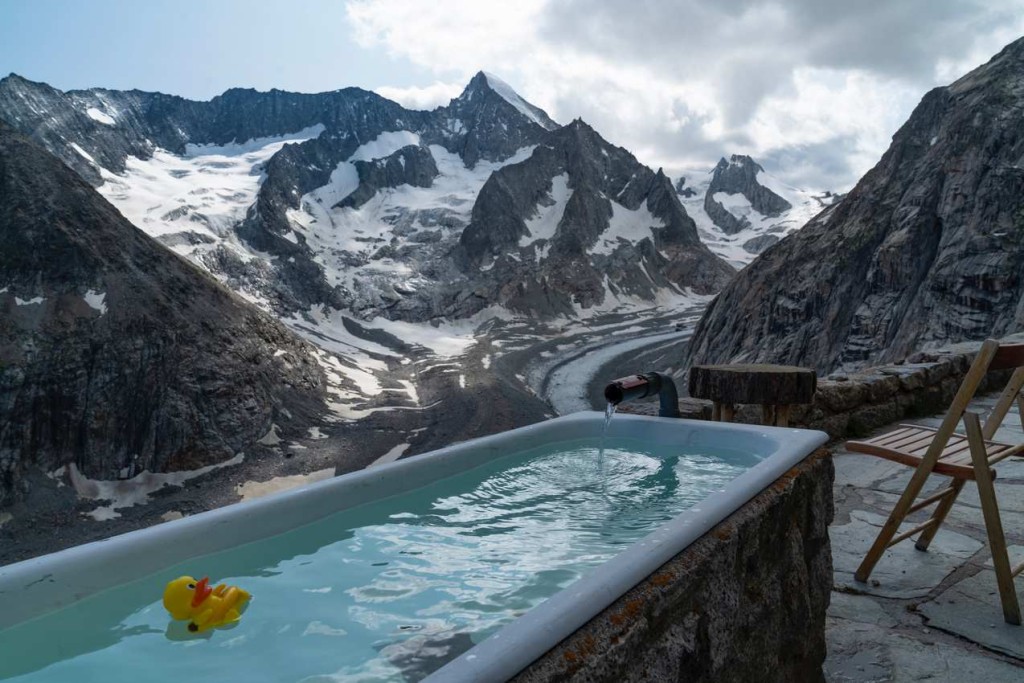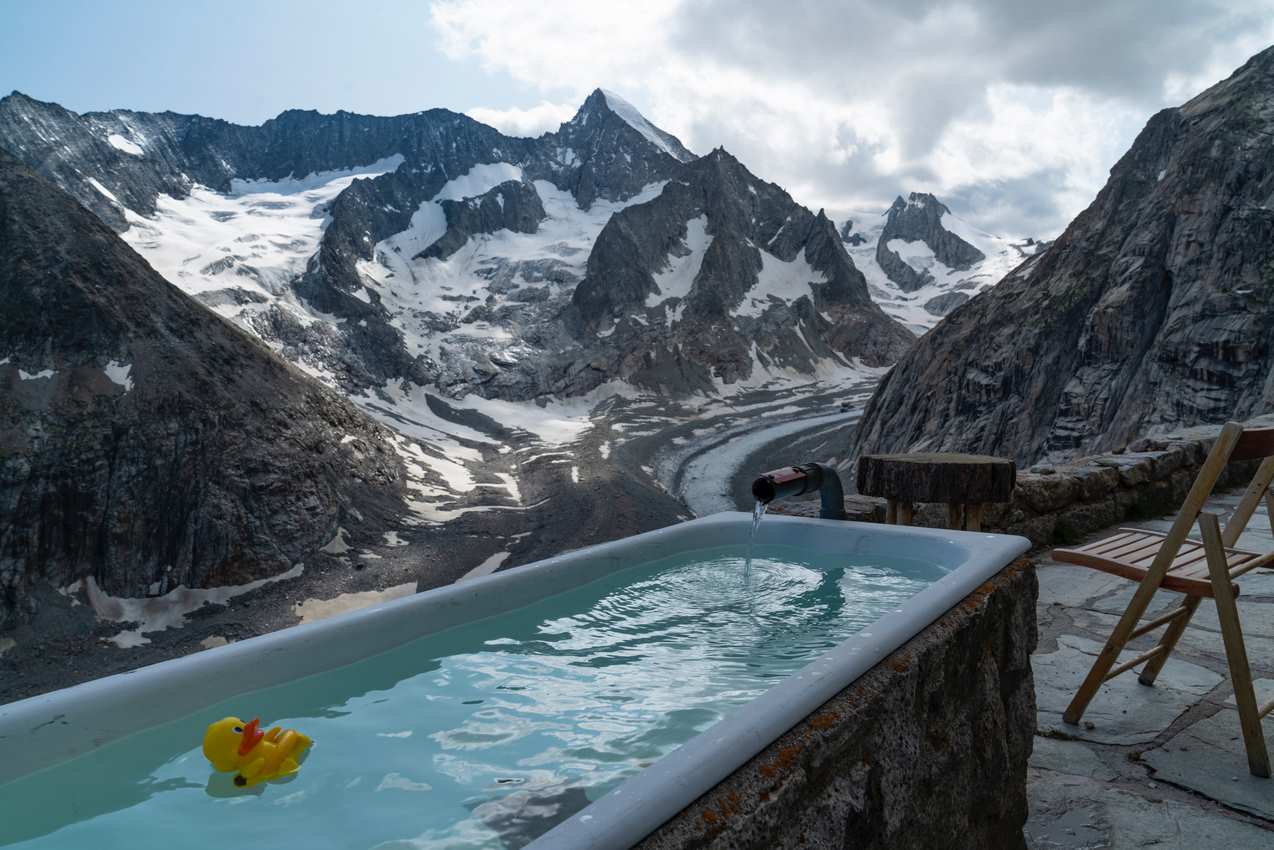
Cold water immersion has long been known to the northern Europeans as a fortifying activity, but the science behind this bizarre cultural/medicinal practice is actually way cooler.
In a recent review of more than 100 studies, scientists determined that one of the most significant changes that occurs in the body during exposure to cold air, but especially cold water, is that white fat adipose tissue is converted into brown fat adipose tissue, (BFAT).
BFAT is kind a like a “working fat,” rather than a storage fat, because it burns calories to maintain body temperature to repel the cold, unlike “bad” white fat which stores the energy up.
Experts say the increasing popularity of cold exposure to air or water, sometimes called “cryotherapy” will have an impact on fats could prevent obesity and cardiovascular disease.
Dunking yourself in cold water during the winter months has also been found to reduce the risk of diabetes by significantly increasing insulin sensitivity and decreased insulin concentration.
Adiponectin is produced by BFAT, and it plays a vital role in protecting against insulin resistance, diabetes, and other diseases. Cold water dips’ impact on insulin worked for experienced and inexperienced swimmers alike.
Another huge benefit of cold water immersion that doesn’t relate to obesity is that being up to your neck in water around 40°F, your brain’s production of norepinephrine increase 300% in just a few minutes, while a dunk long enough to convert your WFAT cells to BFAT cells, at more manageable temperatures of 57°F, will increase norepinephrine by 500%.
Norepinephrine is similar to adrenaline, and leads to a feeling of positive elation. It’s also a neurotransmitter, basically meaning it facilities the speed of brain activity.
The study was carried out by The Arctic University of Norway and University Hospital of North Norway
“From this review, it is clear that there is increasing scientific support that voluntary exposure to cold water may have some beneficial health effects,” said lead author James Mercer, from UiT.
“Many of the studies demonstrated significant effects of cold-water immersion on various physiological and biochemical parameters,” but, he added, “based on the results from this review, many of the health benefits claimed from regular cold exposure may not be causal.”
“Instead, they may be explained by other factors including an active lifestyle, trained stress handling, social interactions, as well as a positive mindset,” he concluded.
SIMILAR: In Bid to Combat Obesity, a Simple Patch Turns Energy-storing Fats into Energy-burning Fats
Mercer may be cautious in his conclusions, but other researchers are less so. Popular science communicator Rhonda Patrick Ph.D. has put together her own review of the literature, and while the obligatory “may” is placed before any conclusion, Dr. Patrick feels much more strongly that these results are causal.
“Studies in animals and humans have indicated that brown fat can improve glucose and insulin sensitivity, increase fat oxidation, and protect against diet-induced obesity,” Patrick outlines.
READ ALSO: How You Think About Your Pain Can Make it Worse – But New Reprocessing Treatment Offers Cure
“Cold exposure also increases brown fat volume, drives glucose uptake, and increases oxidative metabolism in brown fat. Cold-induced glucose uptake in brown fat exceeds the rate of insulin-stimulated glucose uptake in skeletal muscle in healthy humans”.
There are tens of thousands of papers done on the physiology of people who lead an active lifestyle, but only a small percent involve cold-water immersion. The stark changes in key cardio-metabolic markers makes for a persuasive argument that taking a cold bath or going swimming in a cold pool is, in fact, all it’s cracked up to be.
SEE What Your Friends Think Of This Chilling Science…




















